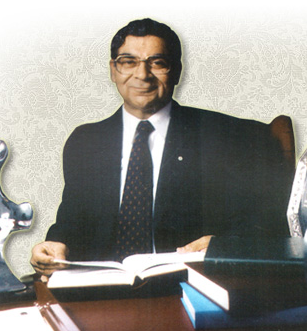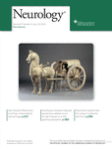
Last month, Ranjit Kumar Chandra was denied an extension to file an appeal of his lawsuit against the Canadian Broadcasting Corporation (CBC). It seemed to mark the end of a long fall for the self-proclaimed “father of nutritional immunology,” who has ended up with multiple high-profile retractions and on the wrong end of a costly libel lawsuit.
The case had a lot of twists and turns, however. So for your convenience, we’ve compiled a timeline of everything you need to know about the events that led up to the lawsuit — where it all began, and how it ended last July, when the Ontario Superior Court of Justice ruled in favor of the CBC, and the apparent epilogue this June.
In the 1980s, Chandra was a highly regarded nutrition researcher; in 1989, he was made a member of the Order of Canada. He authored over 200 papers during his time at Memorial University of Newfoundland. He has referred to himself as the “father of nutritional immunology,” but the link to his website no longer appears to be active.
Here’s how it all fell apart: Continue reading Who is Ranjit Kumar Chandra? A timeline of notoriety

 As
As 




